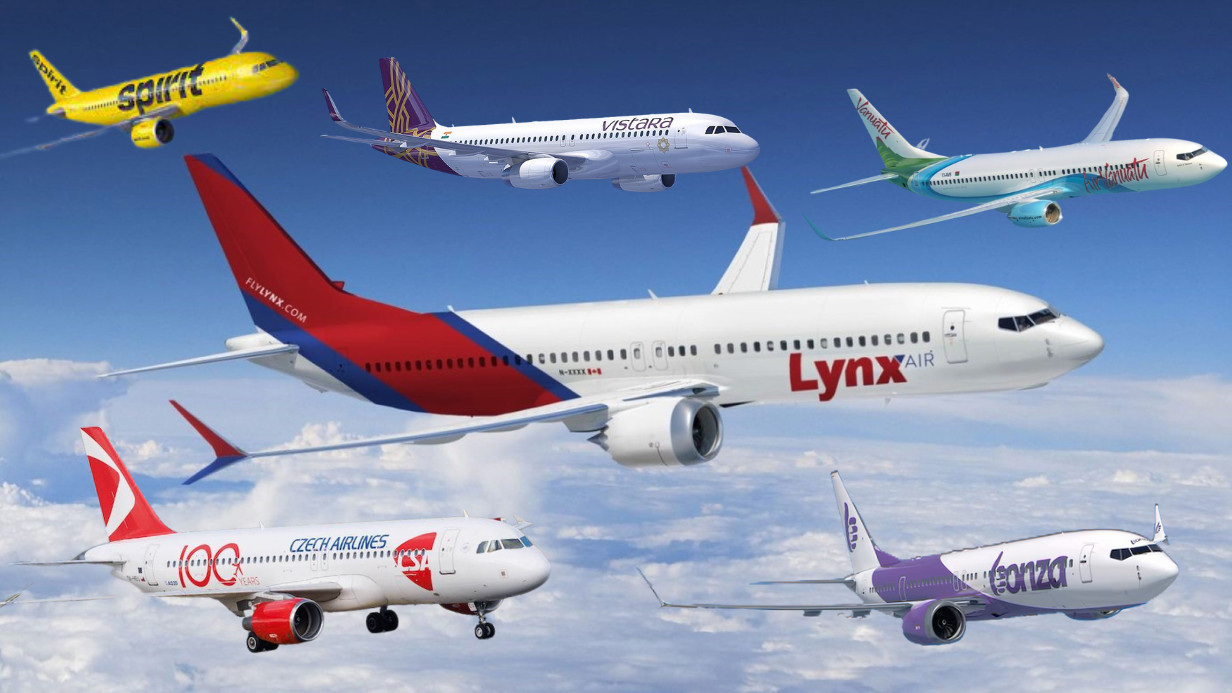Indonesia Opens Doors for Foreign Airlines to Operate Domestic Routes
JAKARTA, RAKYAT NEWS – The Indonesian government is opening opportunities for foreign airlines to operate domestic routes, aiming to address the current shortage of aircraft in the country. The Ministry of Transportation has emphasized that foreign carriers must create job opportunities for local workers, including cabin crew and aircraft technicians, as a condition for operating domestically. This move comes as the global aviation industry faces challenges in aircraft production, impacting the availability of new planes for Indonesian airlines.
Dudy Purwaghandi, a representative from the Ministry of Transportation, highlighted the difficulties in acquiring new aircraft due to production challenges faced by global manufacturers Boeing and Airbus. Both companies are currently dealing with regulatory compliance issues and product repairs, slowing down their ability to meet demand. This has made it increasingly difficult for Indonesian airlines to expand their fleets, prompting the government to consider alternative solutions, including allowing foreign airlines to serve domestic routes.
While welcoming foreign airlines, the government has set strict conditions to ensure that their operations benefit the local economy. Foreign carriers must employ Indonesian workers in key roles, such as cabin crew and maintenance technicians. This requirement aims to create job opportunities and support the domestic workforce. Dudy emphasized that this policy is a win-win solution, addressing both the aircraft shortage and unemployment challenges in the aviation sector.
The global aviation industry is currently grappling with supply chain disruptions and regulatory hurdles, which have delayed the delivery of new aircraft. Indonesia, heavily reliant on Boeing and Airbus for its fleet, has felt the impact of these challenges. The weakening of the Indonesian rupiah against the US dollar has further exacerbated the situation, increasing the cost of aircraft parts and aviation fuel. These factors have squeezed profit margins for domestic airlines, making it harder for them to operate efficiently.
In preparation for the 2025 Eid al-Fitr travel season, state-owned airlines are planning to expand their fleets. The government estimates that Indonesia needs approximately 750 aircraft to meet demand, but currently, only around 420 are operational. State-owned carriers such as Garuda Indonesia, Citilink, and Pelita Air Service are set to add 26 new aircraft and repair 19 existing ones, increasing the total operational fleet by 45 units. This expansion aims to accommodate the expected surge in passenger numbers during the holiday
To support the aviation industry, the Ministry of Transportation is collaborating with other government agencies, including the Ministry of Trade, Ministry of Industry, and Ministry of Finance. These discussions aim to reduce operational costs for airlines by addressing issues such as high aviation fuel prices and import duties on aircraft parts. While the government acknowledges that some factors, like global fuel prices, are beyond its control, it remains committed to creating a more favorable environment for the aviation sector.
The decision to allow foreign airlines to operate domestically is seen as a temporary measure to address the current aircraft shortage. By leveraging the capacity of international carriers, the government hopes to ensure that domestic routes remain well-served, particularly during peak travel periods. This approach also provides an opportunity for foreign airlines to tap into Indonesia’s growing aviation market, which is one of the largest in Southeast Asia.
As Indonesia navigates the challenges of a global aircraft supply crunch, the government’s decision to open domestic routes to foreign airlines marks a significant shift in its aviation policy. By prioritizing local job creation and addressing operational costs, the government aims to strengthen the industry while meeting the needs of travelers. With state-owned airlines also expanding their fleets, the country is taking proactive steps to ensure a robust and resilient aviation sector for the future.
The Indonesian government’s innovative approach to addressing the aircraft shortage demonstrates its commitment to supporting the aviation industry. By welcoming foreign airlines and expanding the fleets of state-owned carriers, Indonesia is poised to meet the growing demand for air travel while creating new opportunities for its workforce. As the global aviation landscape evolves, these measures will play a crucial role in shaping the future of Indonesia’s transportation sector. (Uki Ruknuddin)


Tinggalkan Balasan Batalkan balasan